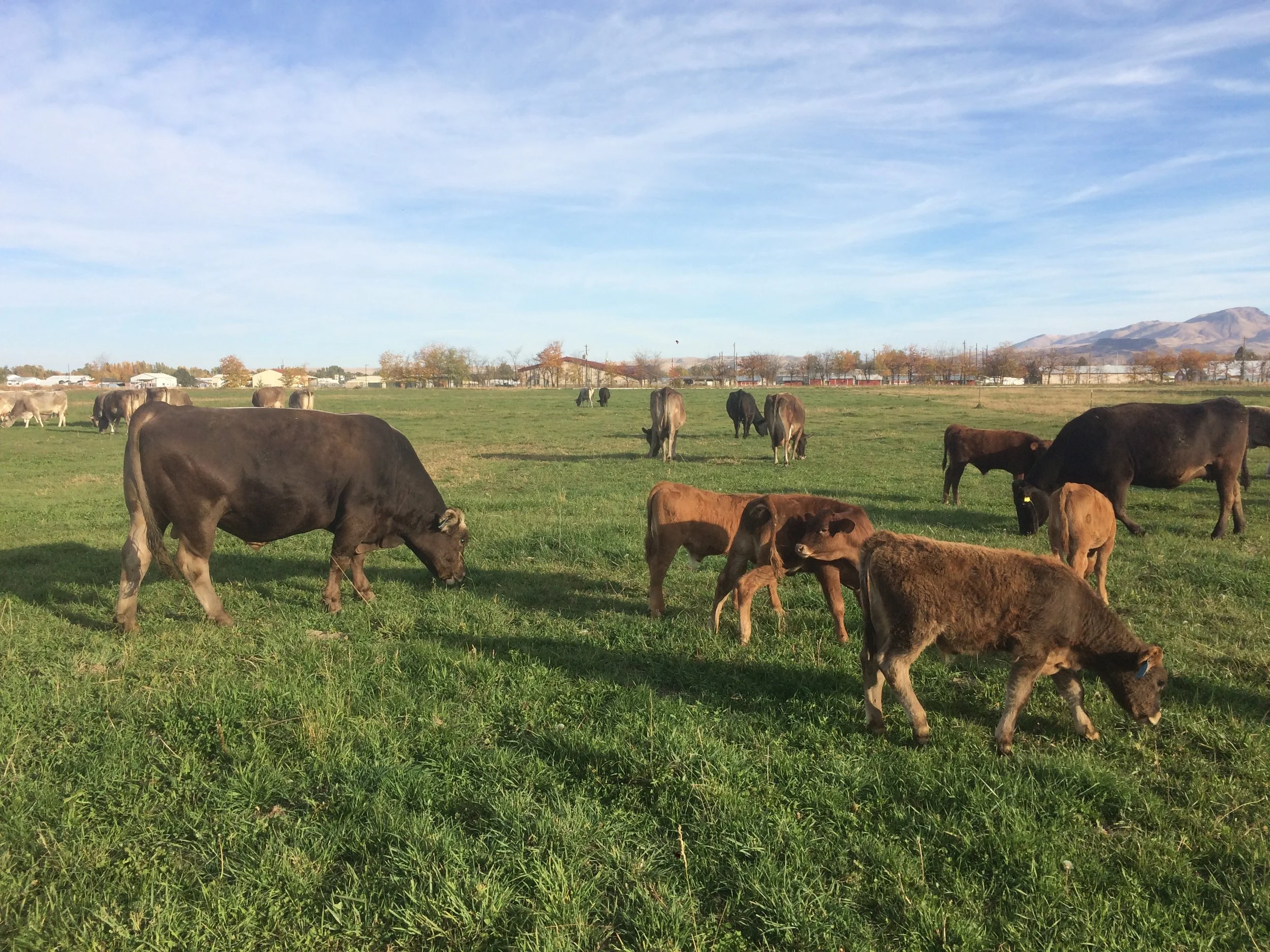by Claire Dill
Healthy loving physical touch and contact is a pretty important part of life.
There have been studies and articles about humans needing physical contact, babies and grownups both, and it makes sense because humans were made to be in community.
Hermits and recluses are extremely unordinary in humanity. Historically, a hermit or recluse was either called by God to make that sacrifice and to live alone in prayer, or was mentally unstable and a social outcast.
Humans are designed to be together. Even hardcore introverts are very lonely if they don't have their small group of close friends available.
For human babies, being held and snuggled makes a huge difference in their emotional state and their physical health, day by day and also for the rest of their lives. Particularly snuggles from the mother, or main caregiver.
Babies with plenty of healthy touch have much more interest in life, self regulate as babies and children much better, and have good trust mechanisms and bonding in relationships. Healthy touch has been shown to improve the baby's immune system, and helps with pain management and pain reduction.
Human adults don't grow out of the need for physical contact.
Have you noticed how people almost always light up when a friend gives a hug? Or the aura of determination and joy when someone slaps a shoulder in recognition or praise; or the encouragement when someone lays a hand on the shoulder of someone grieving, and simply squeezes for a few seconds, with no words?
I think about this a lot when I'm feeding bottle calves. Especially the ones that have tight tendons and can't stand for a few days until their legs loosen up.
Cows are herd animals, they are also "designed to be in community". So it makes sense that they also need touch to thrive.
A mama cow dries her baby off by licking it, immediately after birth. And cows spend considerable time with their babies, and with their friends, not only playing and grazing together, but also licking and grooming each other. Nearly every time after a calf nurses, when it is full, it will meander up to its mama's head and get some grooming and attention. The calf will sometimes play at butting heads with its mama, and run in crazy play circles, but nearly always will settle in for at least a few minutes of stretching and relaxing while the mama licks its neck and sides. Often, mama cow will also be reaching around and licking her baby while it nurses, as well.
So, I try to pet and play with a bottle calf, at least once or twice a day, extra and beyond whatever handling is necessary for feeding the bottle, especially if it's the only calf in the pen, to simulate a little of the physical contact it would have with the herd.
When we get a second calf in the pen, or a nurse mama, then my need to fill that job goes away.
But in particular, I have noticed with a sick calf, or one who can't stand at first, that if I give a few minutes of extra attention, rubbing my hands on their head and neck and sides several times a day, they respond pretty drastically with improved interest in life, bonding, ability to nurse from the bottle, and relaxing their tight muscles and not worrying about things so much.
